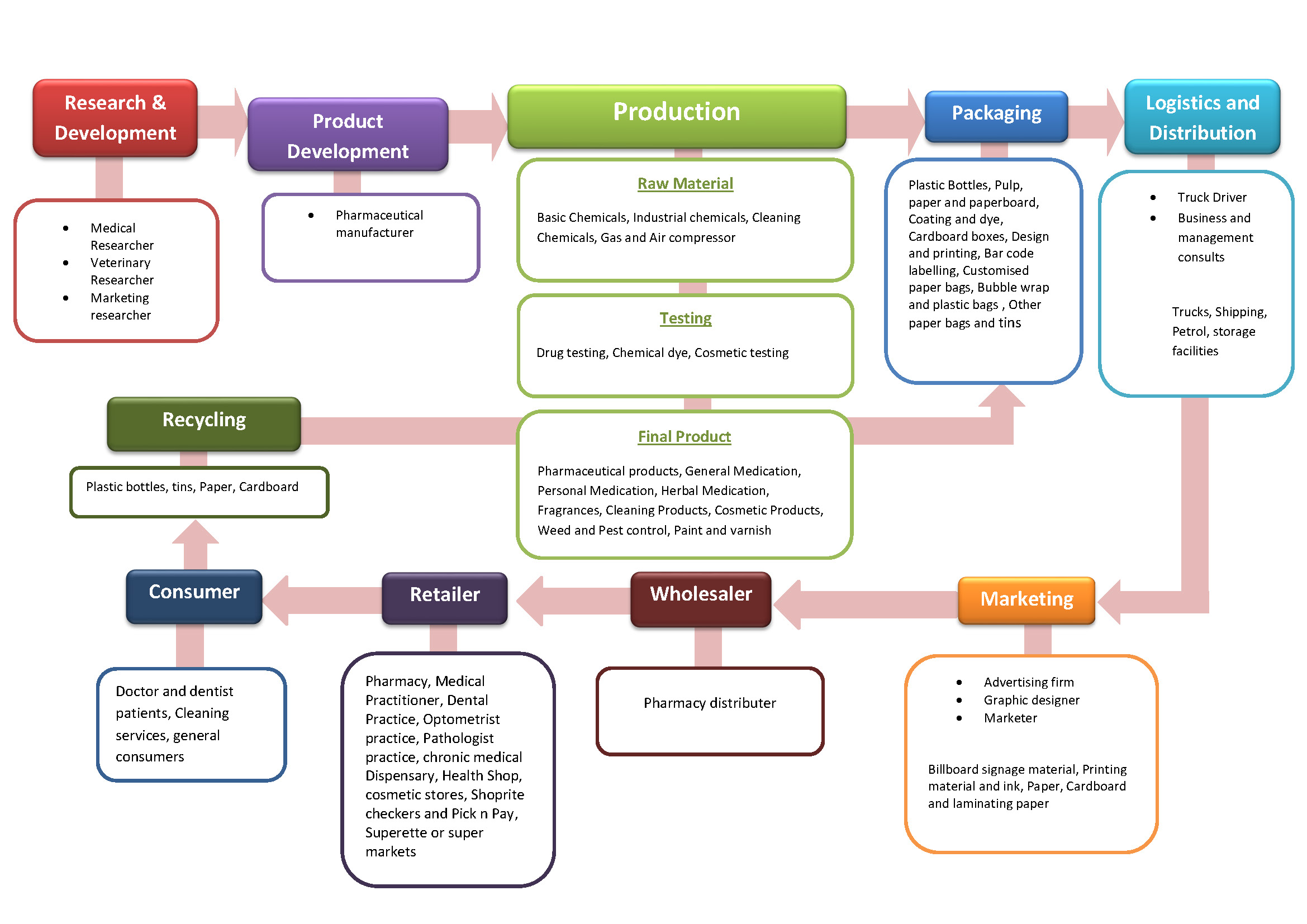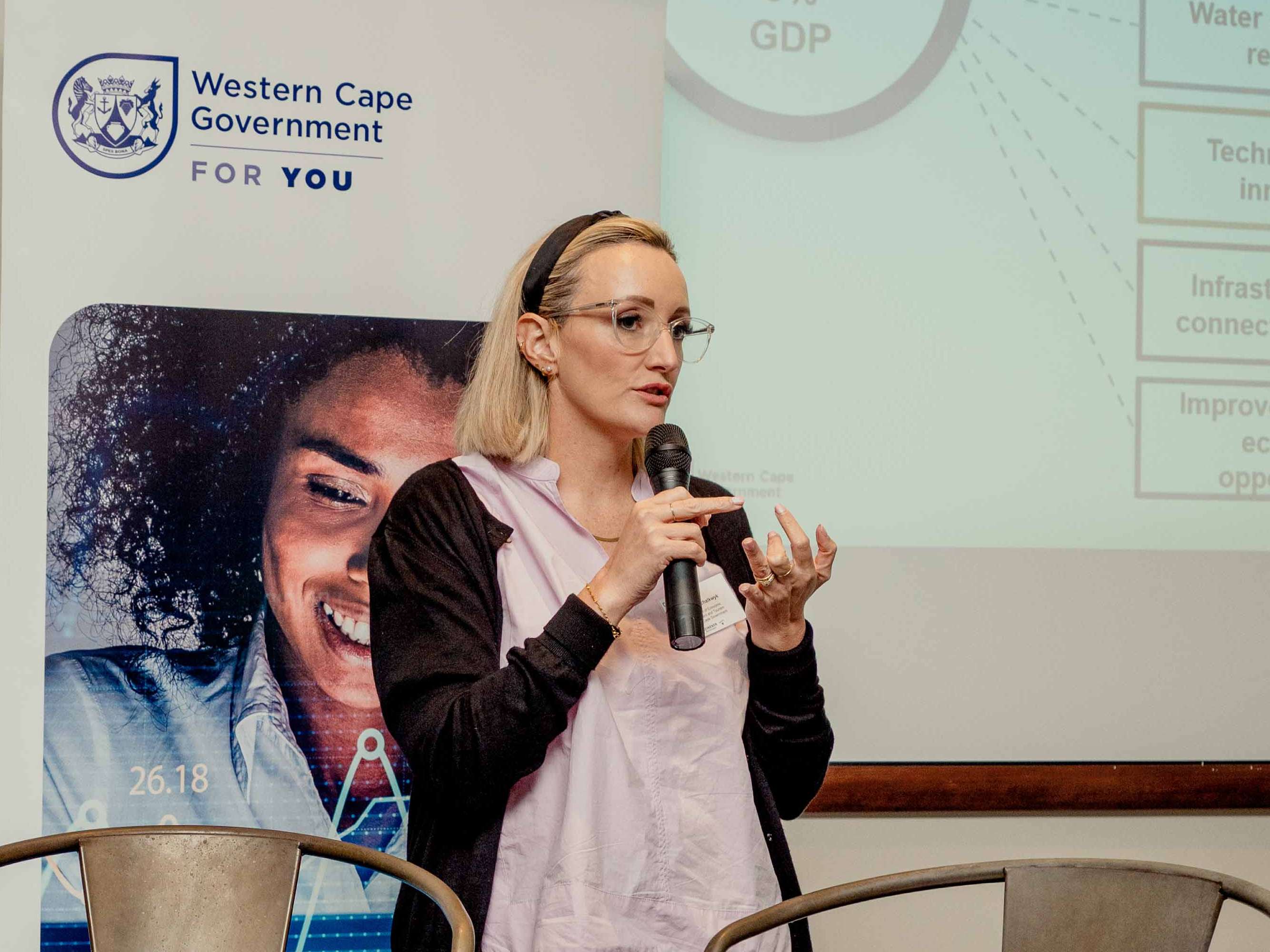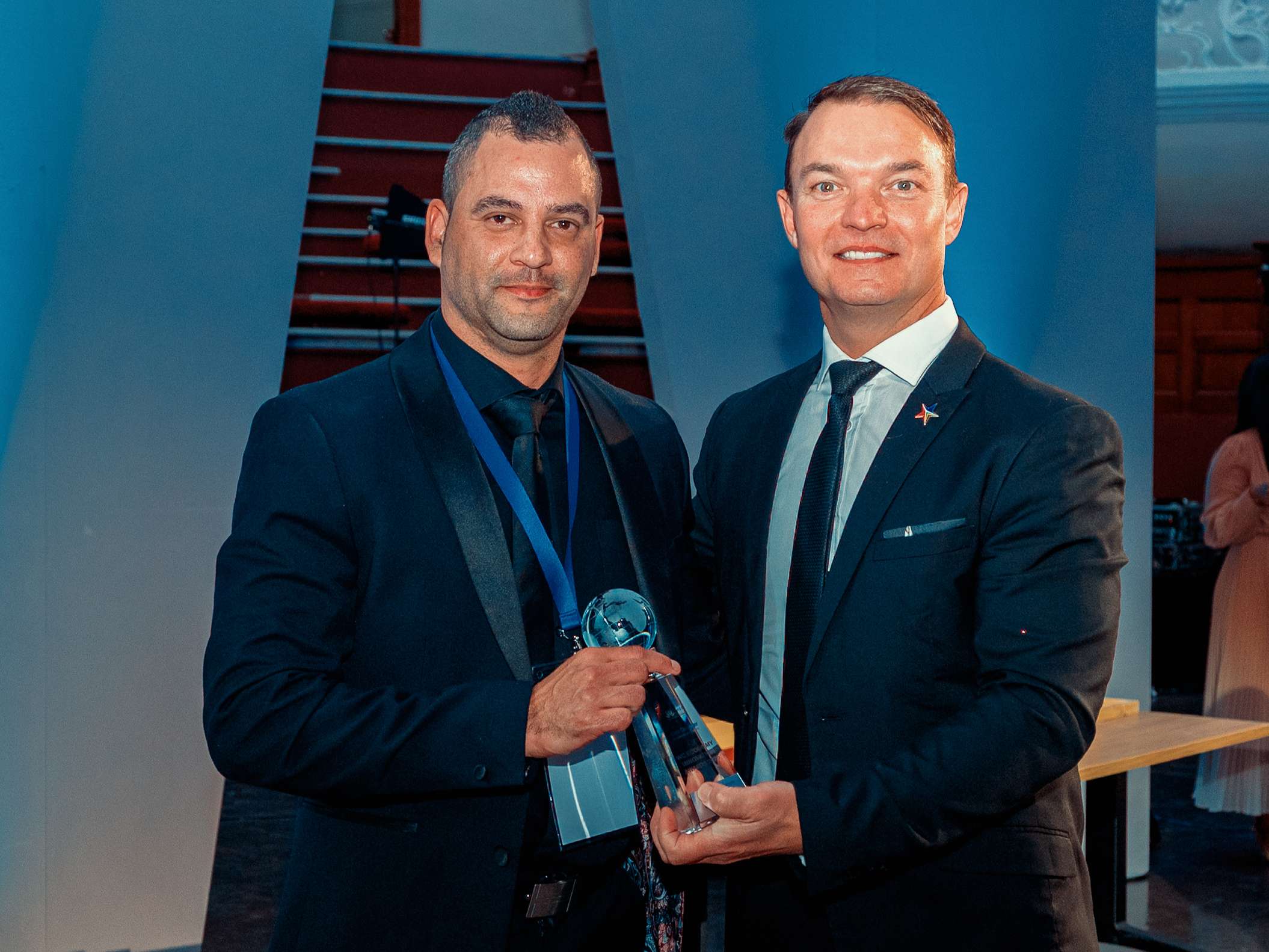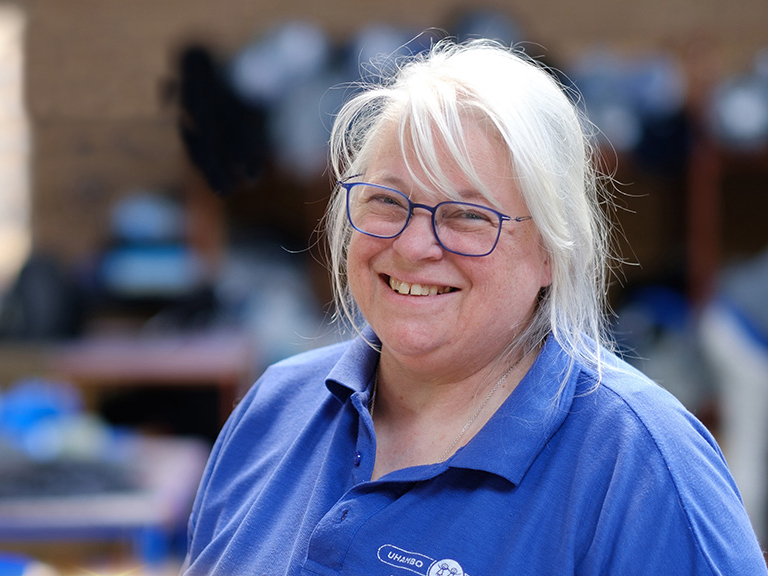According to the Constitution, everyone in South Africa has the right to healthcare, however, quality healthcare services do not reach everywhere they are required.

The Chamber supports local area and sector development by providing the following:
- Enterprise development - increasing awareness of opportunities for learning, development and links to expertise.
- Networking events - enabling members to connect with new customers, suppliers, experts and decision-makers.
- Support sector associations to strengthen their cluster facilitation capabilities.
- Strengthening of dialogue with the public sector - towards more effective public investment, smarter service delivery, procurement efficacy and to stop doing what the private sector can do with greater efficacy.
Related Links:
Comparatively, there is also disproportionate spending on health infrastructure, support and the number of medical personnel in metros compared with rural areas. Government has called for a uniform health system in South Africa.
The Healthcare sector addresses key issues related to Covid-19 and the National Health Insurance (NHI) scheme. Covid-19 has placed significant pressure on the country’s healthcare system in terms of budget, service delivery and resources whilst the NHI is said to provide cost-effective and accessible healthcare to South Africa’s population.
According to the Council for Medical Schemes, the number of medical schemes decreased from 144 in 2000 to 76 in 2020. The proportion of beneficiaries covered by medical schemes expressed as a proportion of the population in the country declined from 16% in 2000 to 14.78% in 2020. According to the 2022 Global Healthcare Index, the SA Healthcare system ranks 48 out of 95 countries.
As the Cape Chamber, we look forward to addressing key issues and expanding linkages and networks within this sector.
We welcome you to engage with us to improve the Healthcare & Social Services Sector.
Value Chain for Chemical Products
The research and development segment of the value chain within the Voortrekker road corridor consists of medical, marketing and veterinary researchers who study possible products that consumers need and will use. Product development consists of pharmaceutical manufacturers that help improve existing products or ways to treat specific symptoms based on the research collected.
The first phase of the production process is collecting raw materials such as basic chemicals, cleaning and industrial chemicals as well as gas and air compressors needed for the end product. Before the final product is distributed manufacturers do testing to evaluate the product. In the Voortrekker road corridor businesses specialising in drug testing, chemical dye and cosmetic testing are then used to ensure that the final product is of the best quality and ready to be used. The final product ranges from pharmaceutical products, general medication, herbal medication, fragrances, cleaning products, cosmetic products, weed and pest control as well as paint and varnishing products..
The packaging component of the value chain uses manufacturers of paper, plastic or tin bottles, paper or paperboard boxes, designing and printing of labels and barcodes are also needed before the final product is distributed. Truck drivers and logistic managers along with truck drivers are key role players who ensure that the distribution of these chemical goods is not damaged or exposed to anything that could affect the quality of the good. Advertising firms, marketers and graphic designers ensure that consumers are aware of the product and its functionality before it is released to the market.
Wholesalers of chemical products which are present in the Voortrekker corridor region are pharmacy distributers who then deliver goods to retailers such as pharmacies, medical practitioners, dental practices, optometrists, pathologists, chronic medical dispensary, health shops, cosmetic stores, Shoprite checkers, Pick n pay, superette or super markets. Consumers such as doctor and dentist patients, cleaning services and general consumers are a few consumers that are more than likely to purchase the good in the voortrekker road corridor.
The last component of the value chain is the recycling of packaged goods. This packaging material such as cardboard boxes, plastic bottles, packaging paper or labels are a few materials that are recycled to make new packaging material. Polyethylene or polypropylene plastic bottles used for packaging are vital to ensure chemical products are not fabricated or tampered with. Based on the industrial survey results however, businesses manufacturing in these packaged good are not situated in the Voortrekker region.
Weighing, mixing, heating, rotary granulator, single-punch and rotary tablet machines as well as slug utensils, mills, and sifters are key tools or machines used in the production of chemical products and are not easily found or available for use in the Voortrekker road corridor region. It would be recommended that businesses that hires out, services or produce machines or tools of this type to locate themselves in this area.
Failure of these chemical products may face large repercussions thus it is essential that proper research and development are used throughout the production process. It would be beneficial if businesses specialising in research of chemical products situated themselves in areas such as the Voortrekker road corridor.
Possible Value Chain for Chemical Products










